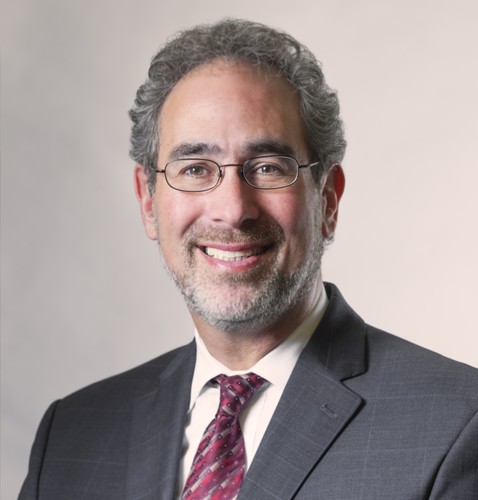Millennial Estate Planning and the Importance of Early Planning
October 17, 2022 |
Articles
Client Question:
“What area of law do you focus on?”
Attorney Response:
“Trusts and Estates.”
Client Response:
“I’m still young, I don’t need to worry about planning for when I’m gone. I’ll call you when I’m older and have more money.”
These common responses from millennial clients evidence the unfortunate reality that estate planning has long been associated with older generations and the idea it must only be considered when an individual obtains immense wealth.
The reality is those born between 1981 and 1995 are now at an age where they are beginning to start their own families, while also caring for their aging parents. This reality is relevant now more than ever in a post-pandemic world. Assuming more responsibility creates the need to plan for the unfortunate possibility that an individual may become seriously ill or suffer a premature death and will no longer be in a position to care for loved ones.
Where Can I Start?
Even the most basic estate planning can help prepare younger clients for the future and protect those they are responsible for.
Last Will and Testament (LWT):
Drawing up a LWT for your young family allows you to decide what will happen with your assets in the event you pass, ultimately lessening the burden on your family. Most importantly for millennial clients, a LWT can define who should assume guardianship of your minor children if both parents pass prematurely. Those with minor children should consider who will step into their shoes if the unexpected occurs.
Power of Attorney:
A power of attorney allows an individual to handle your affairs for you in the event you are unable. This is most commonly utilized when an individual can no longer manage his or her financial affairs. Millennials are now bearing more responsibility for their new families as well as the older generations. Ensuring you appoint a trusted individual who is capable of assuming your responsibilities protects those loved ones who depend on you.
Health Care Proxy:
A health care proxy or advance directive allows an individual to choose someone who can make medical decisions on their behalf in the event they are unable to do so themselves. Despite younger clients believing age is on their side, accidents occur and life-threatening diseases do not consider age as a factor. Having this designation in place ensures a trusted individual is prepared to carry out your wishes and ultimately protect your family by acting on your behalf in regard to medical and financial decisions.
What Comes Next?
Estate plans are ever evolving. As families grow and careers progress, estate plans should follow. After developing an initial plan for you and your family, revising your plan and modifying as necessary will ensure your family’s needs are met now and in the future.
For questions or more information, contact practice team leader David Siegfeld, 518.462.0110 x1425 or any attorneys in our Trusts & Estates practice at Lippes Mathias LLP to schedule a consultation.
For questions or more information, contact practice team leader David Siegfeld, 518.462.0110 x1425 or any attorneys in our Trusts & Estates practice at Lippes Mathias LLP to schedule a consultation.
Related Content

Press Releases
Partner David E. Siegfeld Renews Board Role at Hospitality House Therapeutic Community
September 3, 2025


Press Releases
David E. Siegfeld Appointed to Board of Directors of Jewish Family Services of Northeastern New York
September 3, 2025


Press Releases
89 Lippes Mathias Attorneys Recognized in the 2026 Edition of The Best Lawyers in America®
August 21, 2025


Events
West Palm Beach Trusts & Estates Seminar
January 22, 2025

TAGS
ESTATE PLANNING ESTATE PLANNING WEEK
PRACTICE TEAMS
TRUSTS & ESTATES



